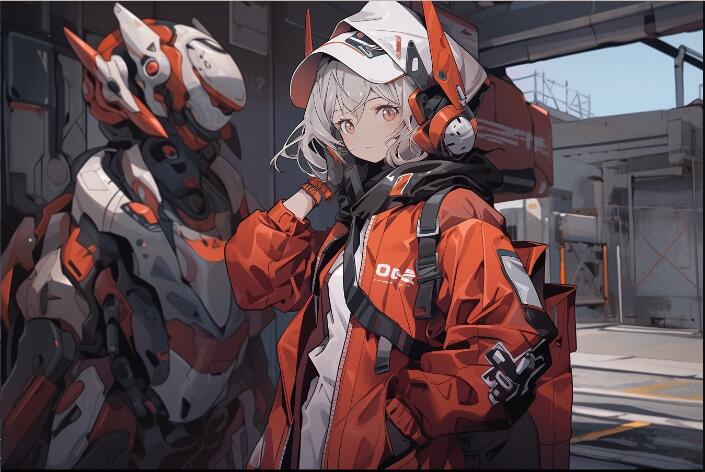Steam AI-Generated Games Surge 800% in 2025
Generative AI Transforms Game Development on Steam
New data reveals an 800% increase in games on Valve's Steam platform that publicly acknowledge using generative AI technology. This explosive growth demonstrates how quickly artificial intelligence is being adopted across the gaming industry.

Image source note: The image is generated by AI, and the image licensing service provider is Midjourney
The Numbers Behind the Trend
According to analysis by Totally Human:
- Nearly 8,000 games now mention generative AI in their Steam descriptions
- This represents 7% of Steam's total game library
- Among 2025 releases, 20% incorporate AI
- Just one year ago, fewer than 1,000 titles referenced the technology
"The scale of adoption we're seeing is unprecedented," said industry analyst Mark Chen. "What was experimental technology last year has become standard practice for many studios."
Voluntary Disclosure Masks True Scale
Steam requires developers to disclose AI usage during development, but:
- The policy relies on voluntary compliance
- No verification system exists
- Many experts believe actual usage is significantly higher than reported
The platform's hands-off approach has drawn criticism from some developers who worry about undisclosed automation in games. However, Valve maintains its current system balances innovation with transparency.
Changing the Game Development Process
Generative AI is transforming multiple aspects of game creation:
- Content generation: Rapid prototyping of levels and environments
- Character design: Automated creation of NPCs with unique appearances
- Asset production: Textures, models and animations created via prompts
- Procedural generation: Dynamic world-building beyond traditional algorithms
"We've reduced our concept art phase from weeks to days," shared indie developer Priya Kapoor. "The technology lets small teams punch far above their weight."
Key Points:
- Steam hosts 8x more AI-assisted games than in 2024 (8000 vs <1000)
- Current disclosures likely represent only a fraction of actual usage
- One-fifth of 2025 releases incorporate generative AI
- Technology enables faster prototyping and smaller team scalability
- Industry debate continues about disclosure requirements and creative credit